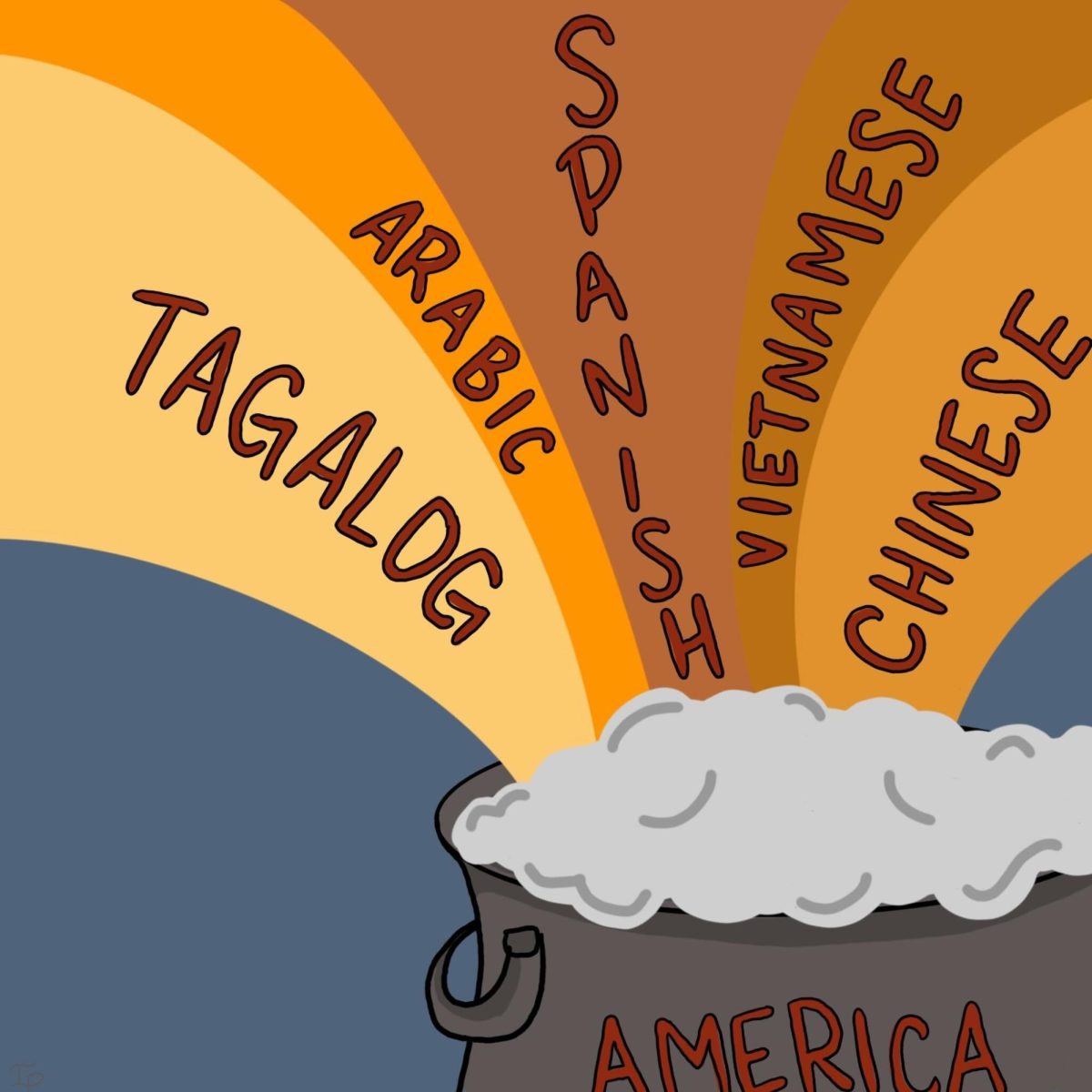The great race to primary first
November 28, 2006
Christmas season isn’t the only thing that’s been creeping ever earlier in the year these… Christmas season isn’t the only thing that’s been creeping ever earlier in the year these days. Now with the buzz over the mid-term elections out of the way, some political campaigners are already making serious drives to schedule earlier primaries for Election 2008, challenging the traditional dominance of New Hampshire’s primary.
A recent article in the Boston Globe reported that political initiatives in California, Florida and Michigan are making significant steps toward forwarding their scheduled primaries “as close as possible” to that of New Hampshire’s, which has been every national election’s first (and therefore most important) primary for ages.
This isn’t sitting too well with New Hampshire politicians, as one would expect, and it’s also upsetting to Democratic Party bigwigs, who have always strived to maintain New Hampshire’s primary as the undisputed opening battleground for national elections. New Hampshire’s claim to holding the first primary has historically been so absolute that it’s etched into state law, which reads: “The presidential primary election shall be held…at least seven days immediately preceding the date on which any other state shall hold a similar election, whichever is earlier, of each year when a president of the United States is to be elected,” according to the New Hampshire Political Library Web site.
New Hampshire has been richly rewarded for its tenacity in keeping the first primary — the state has firmly established its primary as a crucial launch pad for any presidential aspirant and as a very lucrative media orgy that no serious politician dares to miss.
The one notable exception to New Hampshire’s primacy is the Iowa caucus, which comes before the New Hampshire primary and attracts good publicity. What has allowed Iowa to slide by is the fact that it holds a caucus and not a primary; a caucus only counts votes from a series of elected delegates, while a primary tallies a direct vote. The trade-off is that by its nature Iowa’s caucus still doesn’t carry as much weight as the New Hampshire primary.
Proponents for pushing early votes in the states of California, Florida and Michigan raise valid points about New Hampshire’s legitimacy as a good “testing ground” for presidential candidates, pointing to its questionable status as a truly representative sample of the American public. Why, indeed, should a puny, predominantly white state like New Hampshire command such disproportionately awesome power in the primaries?
Steven Maviglio, a California legislature spokesman, stated in the Boston Globe that California deserves a better stake in the primaries than New Hampshire on account of its considerably more diverse economy and population, and that “Democratic candidates who win will have to compete in large-market states.” Supporters for Florida’s campaign harp on a similar line, reminding us that Florida’s votes are just too clutch for nominees to ignore.
This whole trend of competing primaries taking place earlier and earlier is not new; it’s just that this time the challenge to New Hampshire is stronger than ever. Supporters for New Hampshire as well as small states in general preach caution and label this trend “frontloading.” Their apprehension isn’t unfounded, as this can easily spiral into an out-of-control race where every state tries to one-up everyone else’s primary.
The soundest case for New Hampshire’s primary — and the one that I believe holds its own for small states having pivotal primaries in general — has to do with the cold reality of campaign finance. Regardless of how New Hampshire may or may not be representative of America in general, its small size means that campaigning here doesn’t cost nearly as much of a fortune as it would in huge states like California. Part of the New Hampshire primary’s charm is that previously unproven candidates can kick off a campaign there and not have to be a multi-millionaire to do it. And if they do well enough in New Hampshire, the publicity will earn them the funding they need to succeed elsewhere.
The daunting cost of financing a presidential campaign is prohibitive enough these days, and for that reason alone I think it’s important to keep the first primaries in small, inexpensive states like New Hampshire. The first primary doesn’t even necessarily have to stay in New Hampshire; perhaps it could be rotated with other states of similarly small population sizes. Nevada and South Carolina are already being pushed to the earliest slots to provide some regional balance to New Hampshire. States like California and Florida may be right about being more representative, but to give them the first primaries would ensure success only for the richest candidates. The big, wealthy states have enough power as it is simply by…well, by being big and wealthy.
E-mail Konrad at klk17@pitt.edu.


